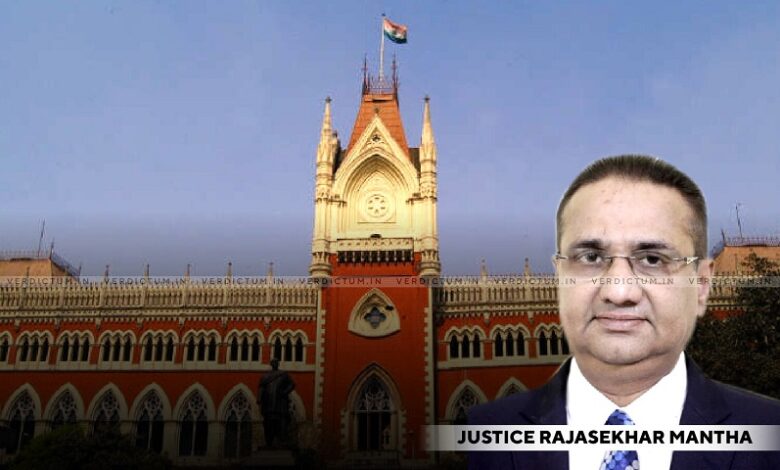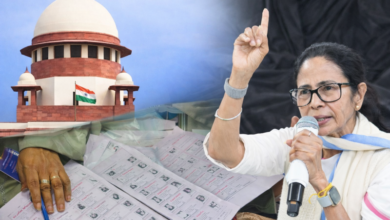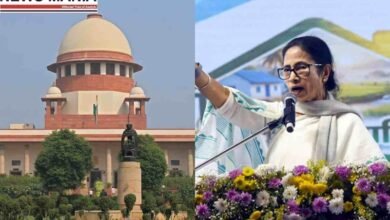
News Mania Desk/ Agnibeena Ghosh/19th June 2024
In a landmark decision, the Calcutta High Court has mandated the West Bengal government to ensure a one percent reservation for transgender persons in all public employment sectors across the state. This directive aims to enforce a policy of equal employment opportunities for transgender individuals, which the state government has acknowledged but not yet fully implemented.
Justice Rajasekhar Mantha, presiding over the case, issued the directive to the chief secretary of the West Bengal government to facilitate this reservation. The high court’s order was a response to a petition from a transgender person who had successfully passed the Teachers’ Eligibility Test (TET) in both 2014 and 2022 but was not called for further counseling or interviews.
In his ruling, Justice Mantha referenced a pivotal 2014 Supreme Court decision that recognized ‘hijras’ and eunuchs, alongside binary genders, as a “third gender.” This Supreme Court judgment was a significant step toward protecting the rights of transgender individuals under Part III of the Indian Constitution. The apex court upheld the right of transgender persons to self-identify their gender and directed both the central and state governments to grant legal recognition to their gender identity, whether male, female, or third gender.
Moreover, the Supreme Court had instructed the central and state governments to classify transgender persons as socially and educationally backward classes, thus entitling them to reservations in educational institutions and public employment.
Despite these clear directives from the Supreme Court, Justice Mantha noted that the West Bengal government had not yet implemented the specific reservation for transgender persons in public employment. He emphasized that while the state had issued a notification on November 30, 2022, through its Department of Women and Child Development and Social Welfare, asserting that transgender persons are entitled to equal employment opportunities, this had not translated into actual reservations.
The notification explicitly stated the state’s commitment to providing equal treatment in employment to transgender persons without any discrimination. However, the lack of a concrete reservation policy indicated a gap between the state’s declared policy and its execution.
In his ruling, Justice Mantha underscored the need to align state policies with the Supreme Court’s directives and the notification from the Department of Women and Child Development and Social Welfare. He also directed the secretary of the West Bengal Board of Primary Education to make special arrangements for the interview and counseling of the petitioner who had successfully cleared the TET examinations.
This decision is seen as a significant move toward ensuring that transgender persons receive fair treatment and opportunities in public employment, in line with the constitutional safeguards and Supreme Court directives. The implementation of this one percent reservation is expected to be a crucial step in addressing the social and educational backwardness faced by the transgender community and promoting their integration into mainstream society.
As the state government moves to comply with this order, it sets a precedent for other states to follow suit, ensuring that the rights of transgender persons are upheld and that they are provided with equal opportunities in all spheres of life.






